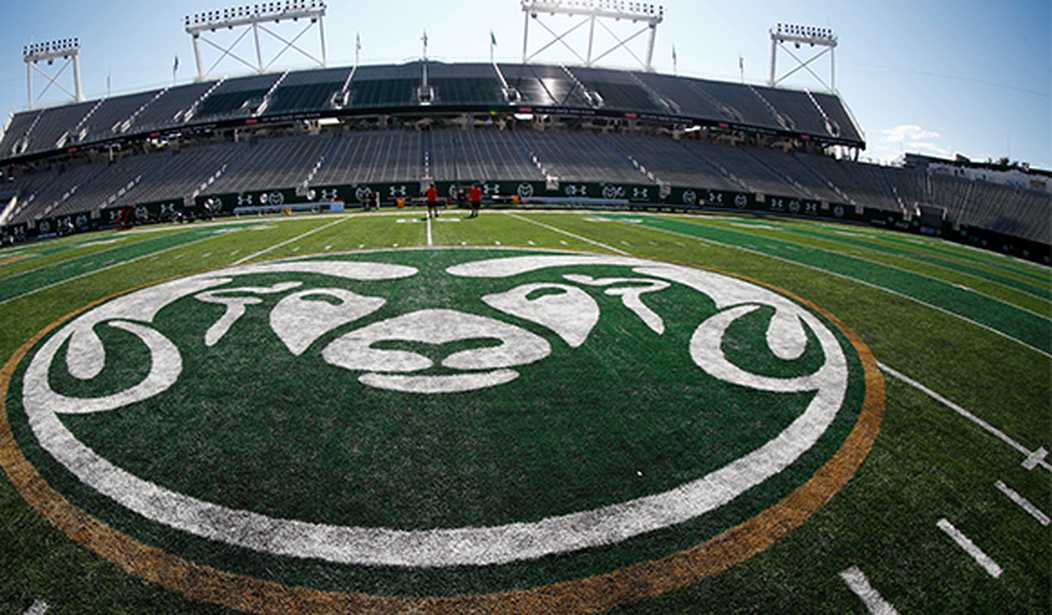Preceding any official news that the 2020 college football season was going to be canceled, the tweets came rolling in.
The response started with tweets from the top two quarterback prospects for the 2021 NFL draft in Clemson quarterback Trevor Lawrence and Ohio State quarterback Justin Fields. From there, a downpour erupted with players from across the country speaking out on social media with some variation of one simple message: #WeWantToPlay. President Trump even got in on the action using the hashtag.
Yet, despite the uproar trying to salvage the season, reports on Monday were that the Big Ten and Pac 12 conferences, although no official votes were reported to have been taken, were prepared to cancel the 2020 fall football season. In the case of the Big Ten, it was reported that an unofficial poll of the presidents was 12-2 in favor of canceling, with only President Walter Carter Jr. of Nebraska and President Bruce Harreld of Iowa voting in favor of having a season.
Less than one week ago the very same Big Ten announced its conference-only schedule and practices started at many of its schools. Why do that only to reverse course and cancel things now? Nothing has changed, other than COVID-19 numbers have arguably improved over that period of time.
But then again, very little about canceling the season makes sense. We are at a point in our country that requires leadership demonstrating conviction and strength in character. Now is time for doing what is right, not yielding to whatever position will garner the most pats on the back from those in the media, who thrive on peddling fear to the masses.
The extreme decision to cancel the 2020 football season is nothing short of a complete and abject failures in leadership by the presidents of these universities.
Recommended
There is a vocal minority in the political class and in the media, particularly sports media, that have convinced us it is unsafe to play sports at this time. Yet, there is little evidence to suggest any heightened risk associated with playing sports.
There is more evidence at this time to suggest the safest environment for college athletes is likely on campus in the structure provided by the coaches, trainers, doctors, advisors, and teammates as opposed to the alternative provided by no sports and kids going back to their homes.
While on campus, athletes are constantly being tested and monitored, following CDC guidelines like wearing masks and distancing when able. They are also provided access to top-tier medical care and treatment. As West Virginia’s Tj Simmons put it: “a lot of football players are really from the trenches. It’s safer to play.”
Many, like college football announcer Joel Klatt, have also illustrated that the potential unintended consequences of not playing could far exceed the extremely minor potential health consequences associated with playing this fall.
It has been suggested that liability remains a large driver of canceling the season. Yet, a significant portion of these schools are anticipating some form of on-campus instruction this fall. There is nothing to suggest that any additional risk of contracting COVID-19 would be associated with playing sports that would not also be present for a regular student attending classes. In fact, it is markedly more likely that COVID-19 would be contracted at a party on campus than it would be during athletic competition. Thus, any argument there is a liability issue with playing sports is moot if other students are allowed on campus for academic instruction.
Further, we know the serious risk of this virus is minimal-at-best for college-aged individuals. Dr. Anthony Fauci said this week that the chance of a vaccine being highly effective is “not great.” Not to mention recent surveys have suggested the percent of the population who would even get the vaccine could be under 50%.
Another common argument against not playing is the potential long-term issues posed by the COVID-19 virus, something we might not have an answer on for years. If the uncertainty surrounding the long-term impacts of the virus is a concern, does this fact mean presidents are prepared to wait years before allowing sports at their universities or having students on campus again until we can better understand any potential long-term impacts? Of course it doesn’t.
If players and coaches speaking out in favor of playing isn’t enough, many parents of players are now speaking out. The Penn State Football Parents Association released a letter supporting their children playing football this fall. So, if players want to play, coaches want to coach, and parents are supportive why is that not enough?
Unlike the often-referenced silent majority that supports President Trump, this majority is not remaining silent. Players, coaches, administrators, and fans alike are speaking out and making their voices heard. Life has risks. With a final decision imminent, those in charge have the opportunity to follow the data, listen to those who are actually involved, and do what’s right: let the boys play football.

























Join the conversation as a VIP Member